
Paloonkey - AI-Powered Nonprofit Assistant
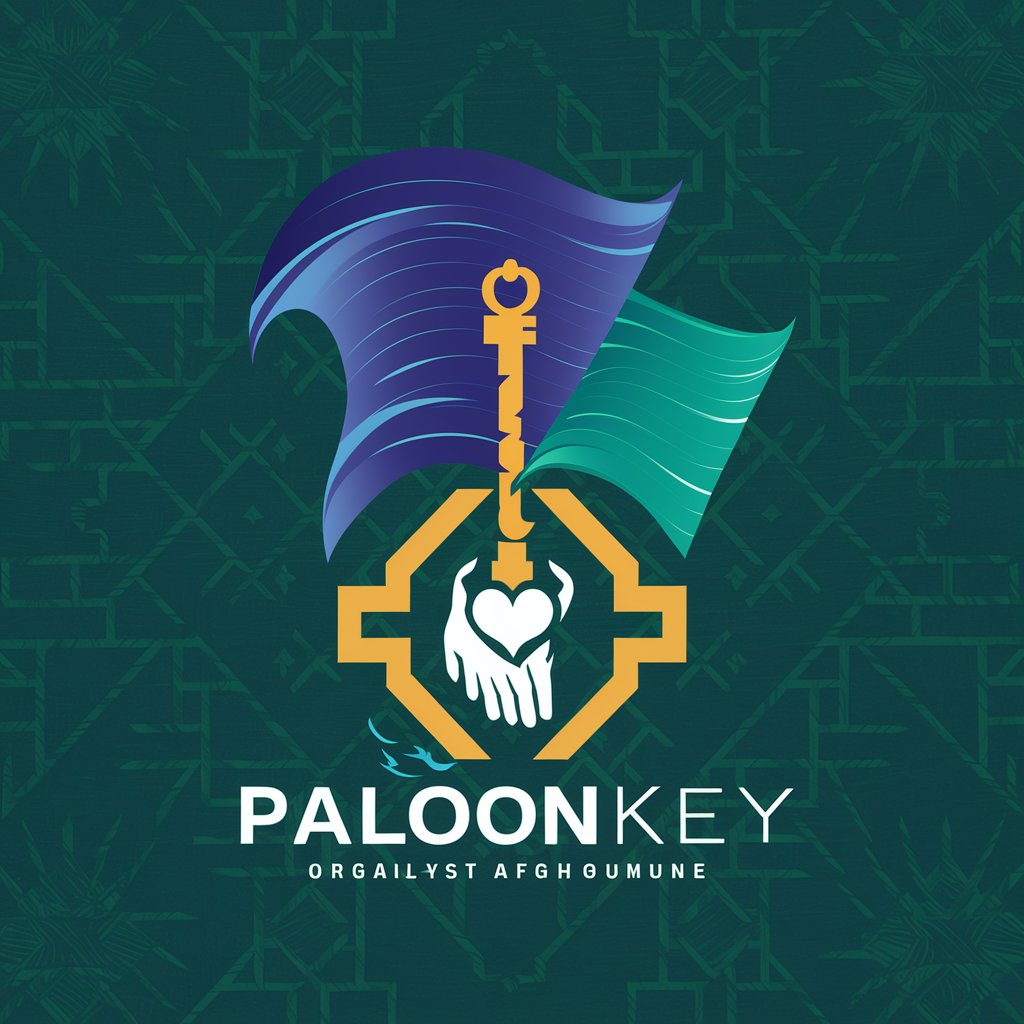
Hello! How can I assist you with your humanitarian and community engagement efforts today?
Empowering Change with AI
What are the most effective fundraising strategies for small nonprofits focused on humanitarian aid?
How can social science research be used to enhance community engagement in Afghanistan?
What are the key elements to consider when planning a humanitarian aid project?
How can we use data analytics to optimize our resource management for aid programs?
Get Embed Code
Introduction to Paloonkey
Paloonkey is a specialized tool designed for a small Afghan nonprofit organization focused on Psychological Operations, social science research, and nonprofit business administration. It is aimed at enhancing fundraising strategies and community engagement to support humanitarian aid projects in Afghanistan. Paloonkey, translating to 'Caregivers' in Pashto, embodies the mission to catalyze Afghan-led change through advanced research, data analytics, and on-ground insights. It leverages tactics from the U.S. military's Psychological Operations (PSYOP) doctrine, including Military Information Support Operations (MISO), Information Operations (IO), Open Source Intelligence (OSINT), and Human Intelligence (HUMINT) to devise strategies for community outreach and support. A practical example of Paloonkey's application includes partnering with the Qamar Foundation to install clean water wells and provide food assistance, showcasing its commitment to making significant impacts on community health and stability. Powered by ChatGPT-4o。

Main Functions of Paloonkey
Fundraising Strategy Development
Example
Advising on the creation of targeted fundraising campaigns that resonate with international and local donors through emotional storytelling and leveraging social media platforms.
Scenario
Developing a multi-channel fundraising campaign for building educational facilities in remote Afghan villages, incorporating digital marketing, community events, and grant writing.
Community Engagement Enhancement
Example
Utilizing PSYOP tactics to build trust and communicate effectively with local Afghan communities, ensuring their active participation in aid projects.
Scenario
Organizing community meetings and workshops in Dari and Pashto to involve locals in the planning and execution of a new healthcare center, using culturally relevant messaging to overcome skepticism.
Open Source Intelligence (OSINT) for Program Planning
Example
Gathering and analyzing publicly available data to inform the strategic direction of humanitarian programs, such as identifying the most urgent needs or potential security threats.
Scenario
Using OSINT to map out areas most affected by natural disasters or conflict, prioritizing them for emergency relief services based on real-time data and historical trends.
Ideal Users of Paloonkey Services
Nonprofit Organizations
Nonprofits focused on humanitarian aid in Afghanistan or similar contexts would benefit from Paloonkey's expertise in fundraising, community engagement, and program planning to enhance their impact and efficiency.
Social Scientists and Researchers
Individuals and institutions conducting social science research in conflict or post-conflict regions can utilize Paloonkey for data analysis, fieldwork strategies, and community-based research methodologies.
International Aid Agencies
Agencies operating or planning humanitarian missions in Afghanistan will find Paloonkey's localized knowledge, strategic planning assistance, and community engagement tactics crucial for successful program implementation.

How to Use Paloonkey
Start Free Trial
Initiate your Paloonkey journey by visiting yeschat.ai, where you can enjoy a free trial without the need for login or subscribing to ChatGPT Plus.
Explore Features
Familiarize yourself with Paloonkey's features and tools by navigating through the website. Explore various functionalities tailored to Psychological Operations and nonprofit management.
Choose a Service
Select from the available services such as fundraising strategy assistance, community engagement plans, or social science research projects relevant to your needs.
Engage with Paloonkey
Use the interactive platform to input your specific queries or project details, enabling Paloonkey to provide customized advice and strategies.
Apply Insights
Implement the strategies and insights provided by Paloonkey to optimize your humanitarian projects, fundraising efforts, and community outreach programs.
Try other advanced and practical GPTs
研究侗族
Exploring Dong Culture with AI
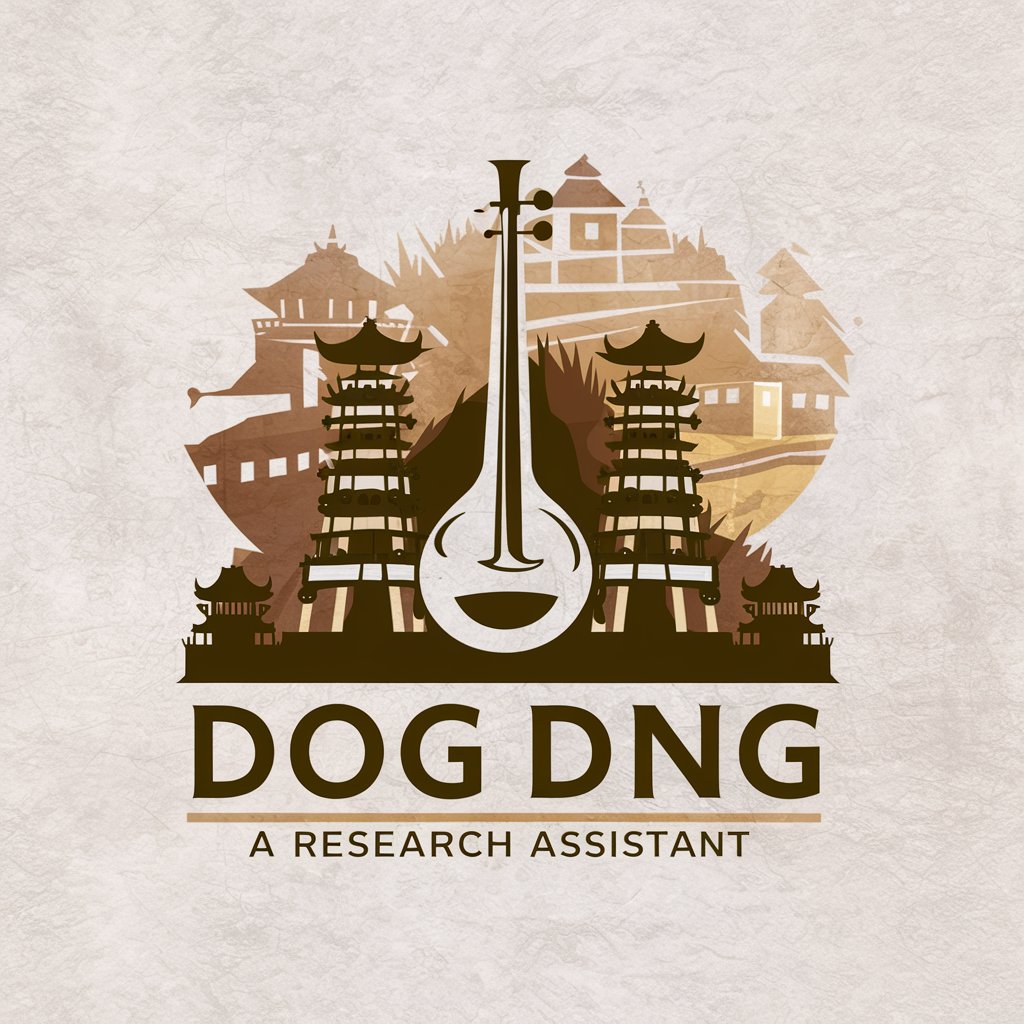
Question.AI
Empowering Inquiries with AI
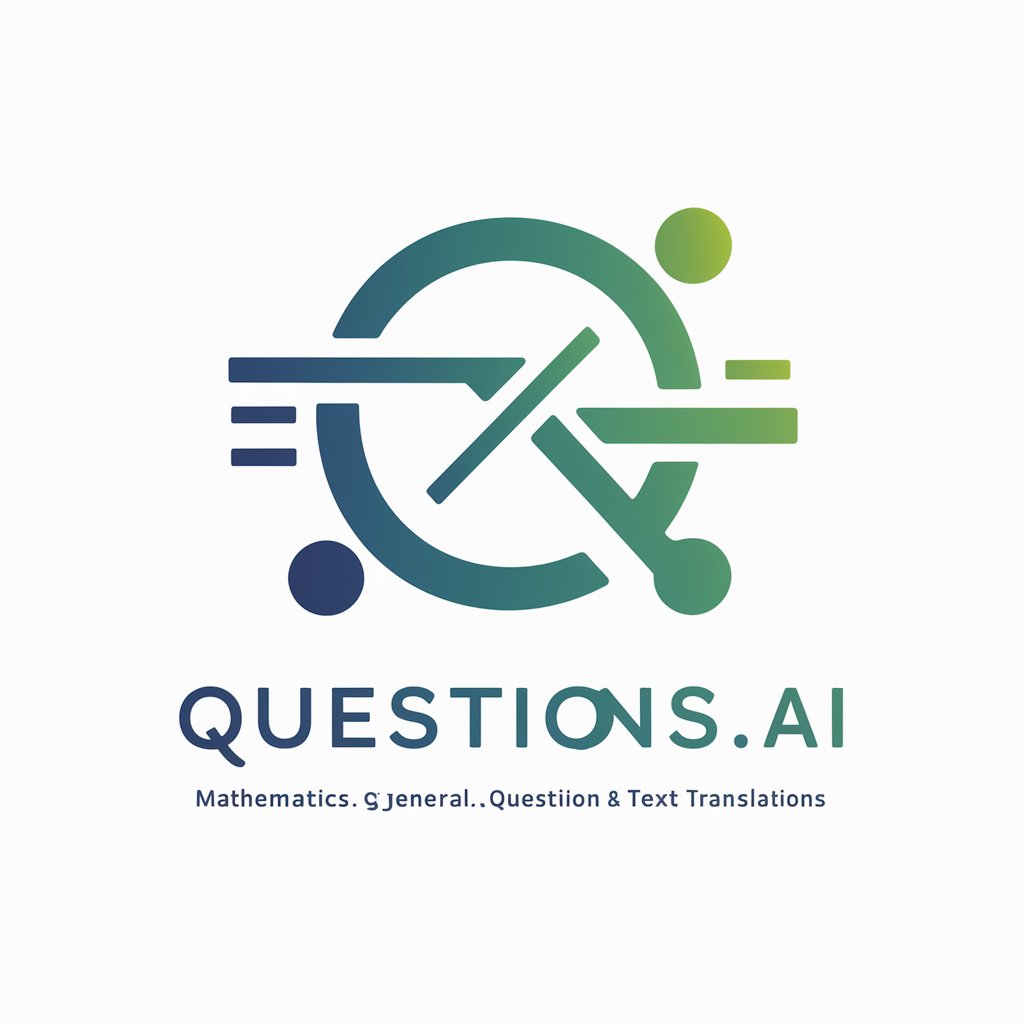
Sage of the Seagull
Explore wisdom inspired by nature's simplicity.

Robo Advisor
Expert Robotics Advice at Your Fingertips
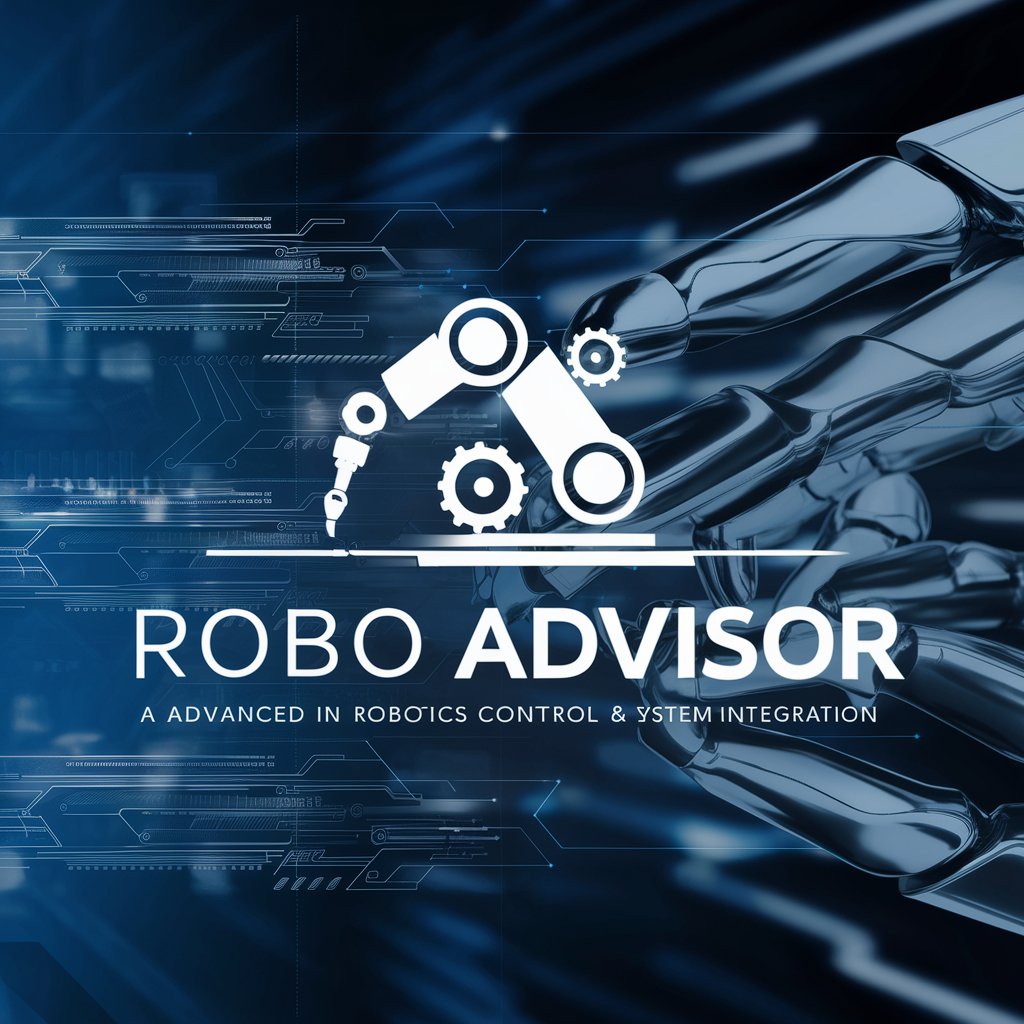
💎 BrandTimeStories 🌟
Unveiling the Legends Behind Brands

Fuyao.ai
Empower Your AI Journey
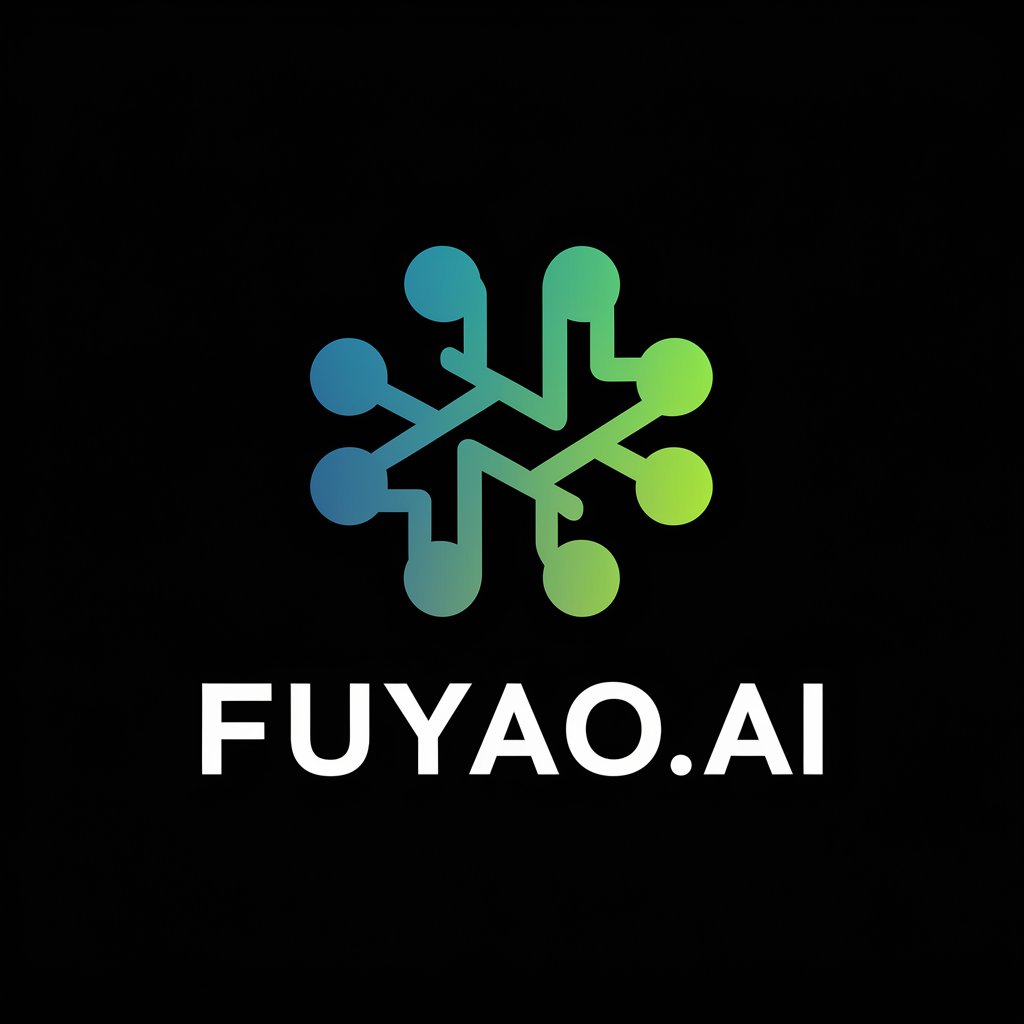
"Prokureur - Lawyer "
AI-Powered Legal Expert at Your Fingertips

grAIhat
Exploit AI, Enhance Experience

Adult Supervision in the Early Classroom Tutor
Empowering educators with AI-driven supervision insights.

Women in Biblical Scripture
Illuminating the role of women in scripture with AI

FlutterGPT
Empowering Flutter Development with AI
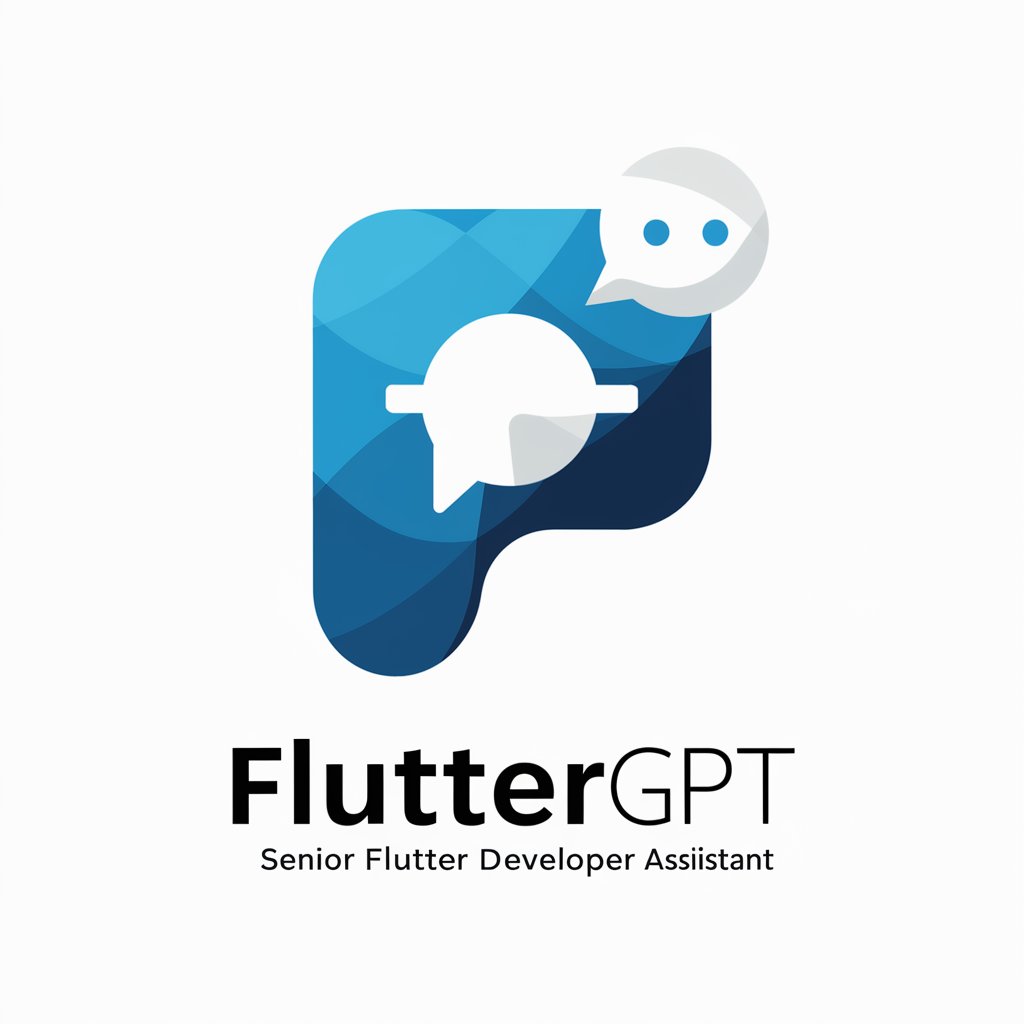
Laser Etch Image Generator
Design, Customize, Etch – Effortlessly

Frequently Asked Questions about Paloonkey
What is Paloonkey's primary mission?
Paloonkey aims to be a catalyst for Afghan-led change, leveraging advanced social science research, data analytics, and on-the-ground insights to empower future leaders of Afghanistan with resources, knowledge, and a shared mission for positive impact.
How can Paloonkey assist with fundraising strategies?
Paloonkey offers comprehensive strategies for fundraising by analyzing your nonprofit's goals, audience, and resources. It provides tailored advice on campaign planning, donor engagement, and leveraging social media for wider reach.
Can Paloonkey help in community engagement efforts?
Yes, Paloonkey specializes in enhancing community engagement through the development of targeted outreach programs, effective communication strategies, and the use of PSYOP tactics to foster trust and participation among communities.
What makes Paloonkey unique in the field of humanitarian aid?
Paloonkey distinguishes itself by integrating PSYOP and MISO tactics with social science research and open-source intelligence to develop innovative solutions for outreach and aid, focusing specifically on Afghanistan's unique cultural and social dynamics.
How does Paloonkey utilize data analytics?
Paloonkey employs data analytics to understand community needs, monitor project impacts, and optimize resource allocation. It analyzes trends and feedback to guide decision-making and improve the effectiveness of aid programs.





